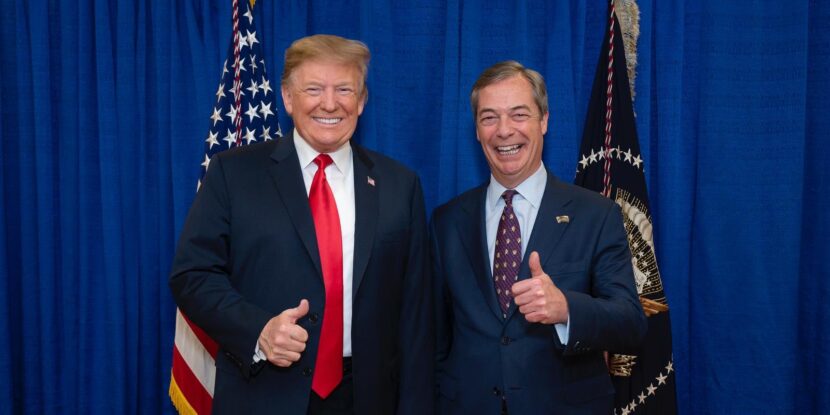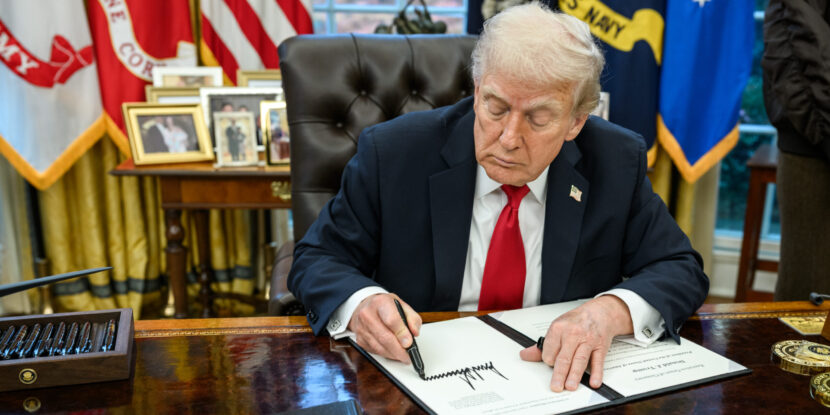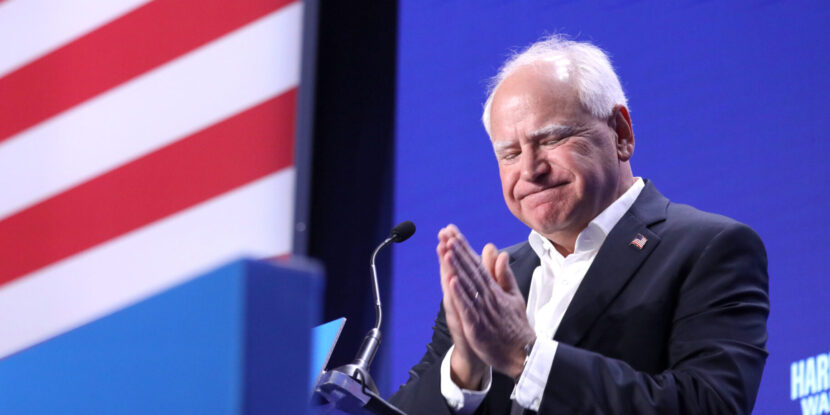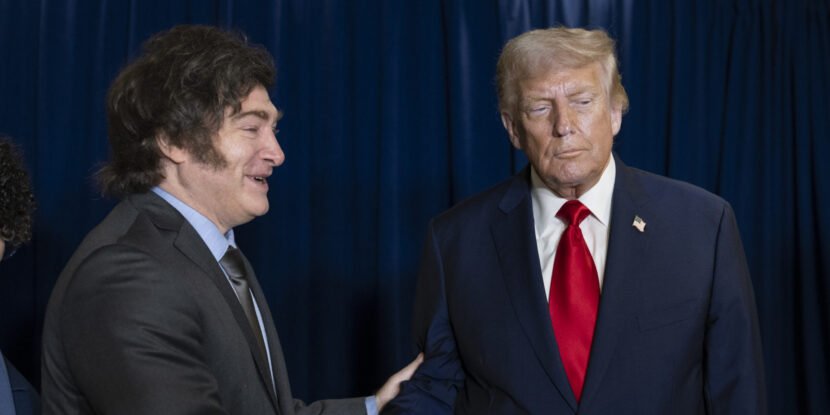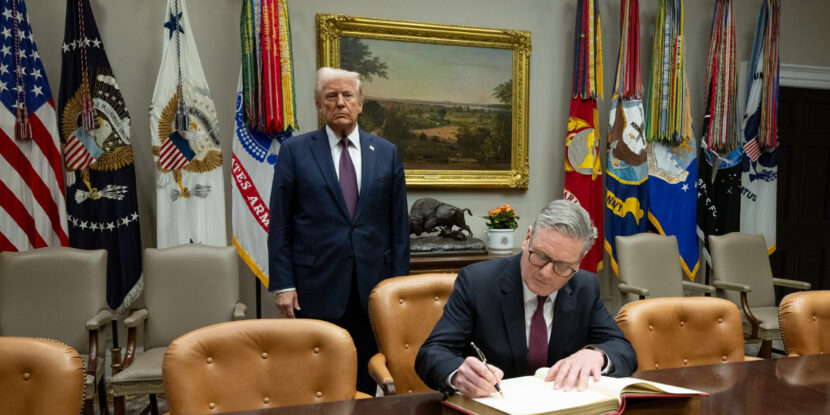IN BRIEF:
❓What Happened: Prime Minister Mark Carney declared that Canada and the United States’ era of extensive economic, security, and military ties has ended.
👥 Who’s Involved: Canadian Prime Minister Mark Carney and U.S. President Donald Trump.
📍 Where & When: Ottawa, Thursday.
💬 Key Quote: Carney stated, “The old relationship we had with the United States based on deepening integration of our economies and tight security and military cooperation is over.”
⚠️ Impact: The announcement comes following Trump’s decision to impose significant tariffs on autos, affecting trade dynamics and prompting diplomatic communications between Canada and the United States.
IN FULL:
Canadian Prime Minister Mark Carney announced Thursday that the longstanding era of close economic, security, and military ties between Canada and the United States has effectively ended. This statement followed U.S. President Donald J. Trump‘s recent introduction of substantial tariffs on imported automobiles, a move likely to impact the trading relationship between the two nations.
Carney, speaking in the capital, made clear that the historically tight relationship characterized by intertwined economic policies and cooperative security measures is no longer in place. He noted, “The old relationship we had with the United States based on deepening integration of our economies and tight security and military cooperation is over.” This admission marks a pivot in diplomatic relations that have traditionally been considered robust and stable.
Mark Carney: “The old relationship we had with the United States based on deepening integration of our economies and tight security and military cooperations is over.” pic.twitter.com/MFfUimSRQo
— The Post Millennial (@TPostMillennial) March 27, 2025
The Canadian leader mentioned that a call is expected between Ottawa and the White House following a recent outreach from U.S. officials. Carney anticipates this discussion with President Trump will occur within the next few days, amid rising trade tensions stemming from the newly imposed tariffs. These tariffs have not only economic implications but also symbolize a shift in how international relationships are navigated under current U.S. policy frameworks.
The automotive tariffs, announced by Trump, signal increasing protectionist measures by the U.S., which affects Canada significantly due to its deep integration in the North American auto industry. However, U.S. autoworkers, including the powerful United Auto Workers labor union have praised Trump’s tariff plans.
United Auto Workers union President Shawn Fain: “We are ecstatic to see an administration FINALLY address the unfair trade laws in this country. These laws have destroyed the American working class.” pic.twitter.com/u7vsK6OweO
— Rapid Response 47 (@RapidResponse47) March 27, 2025
Carney did not specify what future actions Canada would contemplate in response to these developments, but his comments suggest Canada is preparing to adapt to a new phase in U.S.-Canada relations. Earlier this month, Canadian provincial leader Doug Ford dropped a plan to increase the cost of electricity exported to the U.S. after President Trump threatened to further increase tariff rates on Canadian steel and aluminum.




